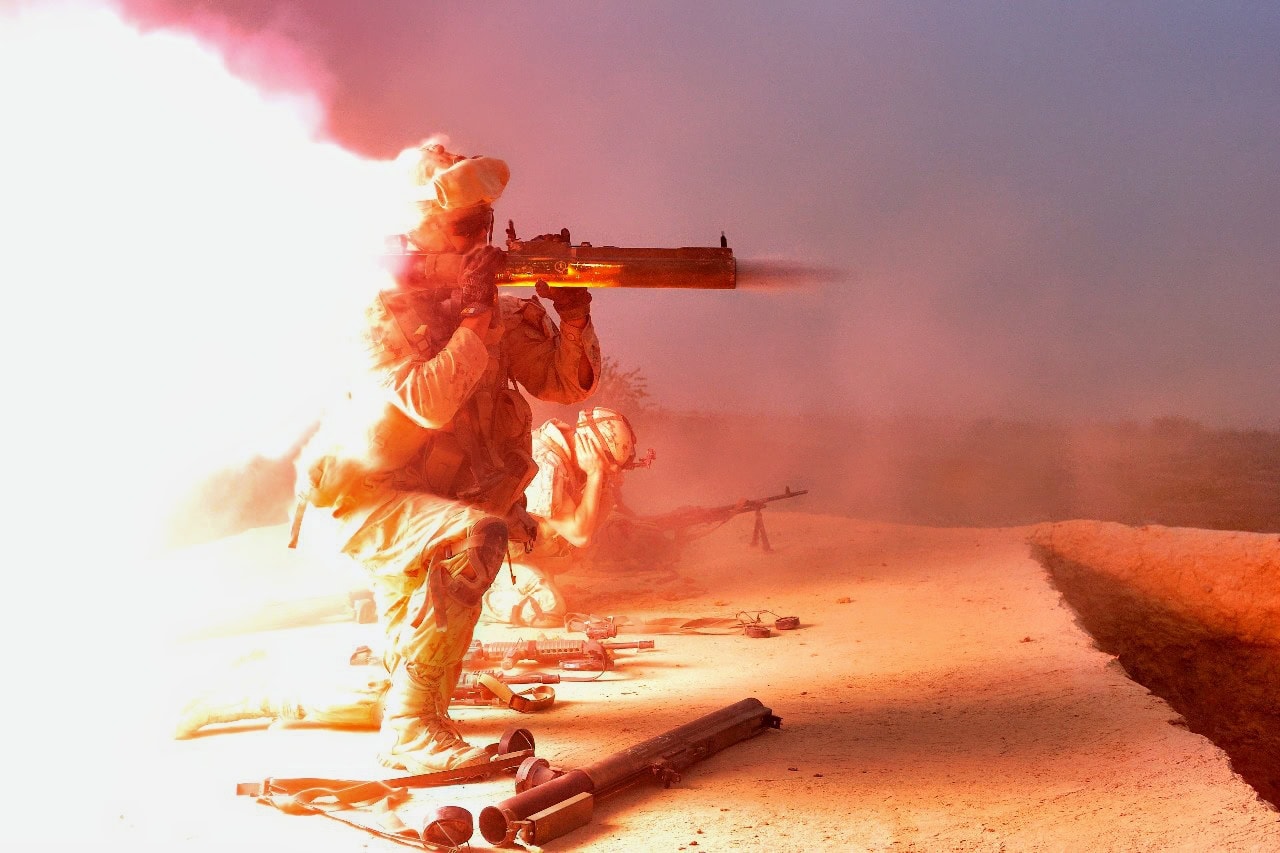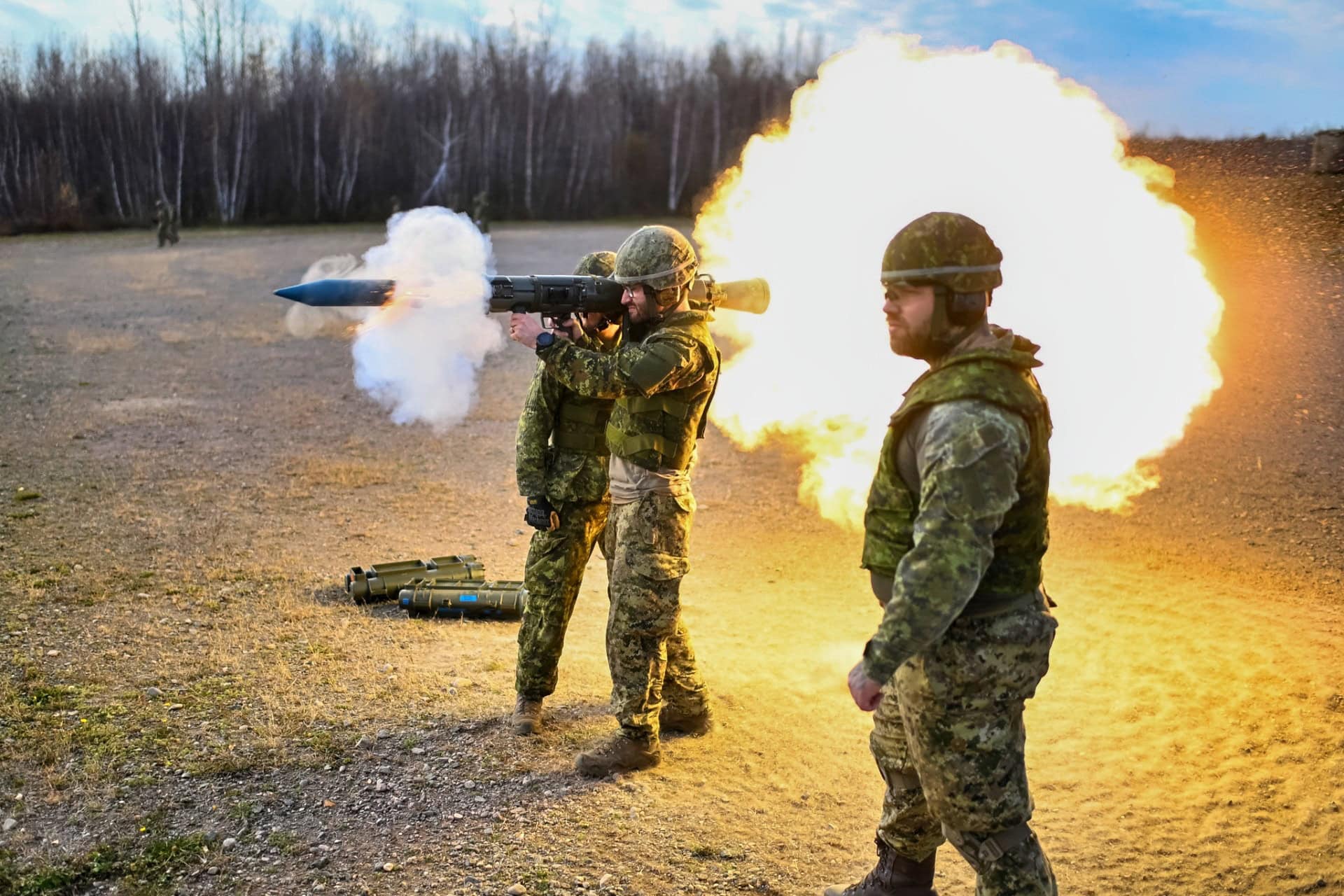Sovereignty Is Earned, Not Inherited: Canada’s Moment of Truth – As Canada’s 2025 federal election enters its final day, the campaigns thunder on about affordability, green transitions, and dreams of a more inclusive economy. Yet on the most essential question of all—the defense of the country’s sovereignty – here is evasion, deflection, and above all, silence. In a world growing sharper, meaner, and less forgiving, Canada’s political class clings to the fiction that hard power no longer matters.
If Canada were well defended – if its armed forces were strong, its Arctic secure, its strategic infrastructure hardened – then perhaps this silence could be forgiven. But that is not the country’s reality. The Canadian Armed Forces are depleted, hollowed out, struggling to recruit and struggling even harder to retain. Procurement programs for vital capabilities – from submarines to surveillance platforms – are years behind schedule, often bogged down in bureaucratic dead ends. Meanwhile, Canada’s military doctrine remains trapped in a bygone era, while warfare barrels ahead into cyber domains, artificial intelligence, and space.
The French and English leaders’ debates offered little reassurance. Pierre Poilievre, leading the Conservatives, was the lone figure pressing the case that Canada’s defenses are crumbling. He called out the weakness of the armed forces and promised to rebuild readiness, speed up procurement, and meet Canada’s NATO obligations without delay. His tone was blunt, almost harsh: in the world that is coming, countries that cannot defend themselves will not be treated kindly. Yet even Poilievre, for all his clarity on the stakes, has yet to fully explain how he would overcome the bureaucracy and entrenched political resistance that have crippled Canada’s defense establishment for decades.
Mark Carney, now Prime Minister, offered smoother reassurances but little genuine urgency. He pointed to new investments in submarines, Arctic patrol vessels, and a renewed commitment to NATO’s 2 percent spending target by 2030. But these are promises Canadians have heard before. In practice, Carney’s defense policy is little more than a polished continuation of the gradualism that hollowed out the military under previous governments. His modernization plans remain largely confined to traditional capabilities, paying scant attention to cyber, AI, and space – the domains that will define the wars of tomorrow. Once again, Canadians are being offered incrementalism where radical reform is needed, and delays packaged as prudence.
Jagmeet Singh, true to form, displayed an almost instinctive disregard for hard power. Every defense-related question was swiftly redirected toward social spending priorities, as if military investment were some outdated indulgence rather than the necessary precondition for protecting the very programs he champions. Singh’s worldview – one that treats national security as primarily a matter of domestic equity – ignores the brutal truth: no welfare program can intercept a missile, defend a satellite, or patrol a frozen coastline. His is a vision that, however well-meaning, offers no serious answers for the real threats gathering beyond Canada’s borders.
The Bloc Québécois, for its part, remains fundamentally disengaged from the national defense conversation. There are signs of some evolution – an acknowledgment, at least, that Quebec’s aerospace and shipbuilding industries matter – but the Bloc continues to treat defense as a matter for “Ottawa,” keeping Quebec at arm’s length from any broader national effort. In the world we are entering, such parochialism is not just quaint. It is dangerous.
Meanwhile, the threats facing Canada are not theoretical. They are immediate – and growing. The Arctic, once dismissed as a strategic backwater, is fast becoming a contested arena, with Russia expanding its northern military footprint and China making quiet inroads under the cover of “scientific research.” In cyberspace, Canada remains perilously exposed, lacking the hardened infrastructure needed to defend critical systems from sophisticated attacks. In space, where the next great contests for surveillance, communications, and strategic dominance will unfold, Canada is a non-player—adrift without a serious posture or investment plan.
To make matters worse, Canada’s supply chains for critical minerals and advanced manufacturing are dangerously dependent on foreign powers – dependencies that could cripple any serious defense effort before it even begins. The growing friction with the United States over tariffs and industrial policy has only made clearer what should have been obvious for years: national security now demands economic self-sufficiency in critical sectors.
And yet the election campaign drones on as if none of this were real. The political class clings to the fantasy that Canada’s reputation alone will keep the country safe – that goodwill, not capability, will secure its sovereignty. This is the same delusion that allowed decades of underinvestment to hollow out the armed forces, that turned procurement into an endless loop of studies, reviews, and missed opportunities. But the world Canada faces today is not the world of yesterday. It is not a world of patience or charity. It is a world in which sovereignty must be proven, defended, earned.
A serious country would recognize this. It would overhaul its entire defense procurement system, tearing down the bureaucratic walls that have made every major acquisition a decades-long farce. It would rearm its navy, modernize its air force, rebuild its army’s readiness for both conventional and unconventional threats. It would invest heavily in Arctic bases and infrastructure. It would treat cyber and space not as afterthoughts but as front lines. It would secure critical mineral supply chains as a matter of national survival.

Corporal Brandon Bourdon, 1RCR B COY 4 Platoon, fires an M72 rocket launcher at insurgents that set up an offensive in a grape hut.
Above all, a serious country would remember that sovereignty is not a birthright. It is a responsibility. It must be defended, or it will be lost.
This election could have been the moment when Canadians finally confronted that reality. It could have been the beginning of a national reckoning, a moment to break free from the illusions of the post-Cold War world. Instead, it risks becoming just another milestone in a long, slow decline—a decline marked by comfortable promises at home and deepening irrelevance abroad.
History will not wait for Canada to find its resolve. It is moving forward, ruthlessly, remaking the world to favor those who act with strength and punish those who drift along in weakness. If Canada continues to sleepwalk through this transformation, it will wake one day to find that its choices have been made for it—by others, in ways it cannot control.
The choice still exists. But not for long.
About the Author: Andrew Latham
Andrew Latham is a non-resident fellow at Defense Priorities and a professor of international relations and political theory at Macalester College in Saint Paul, MN. Andrew is now a Contributing Editor to 19FortyFive.

